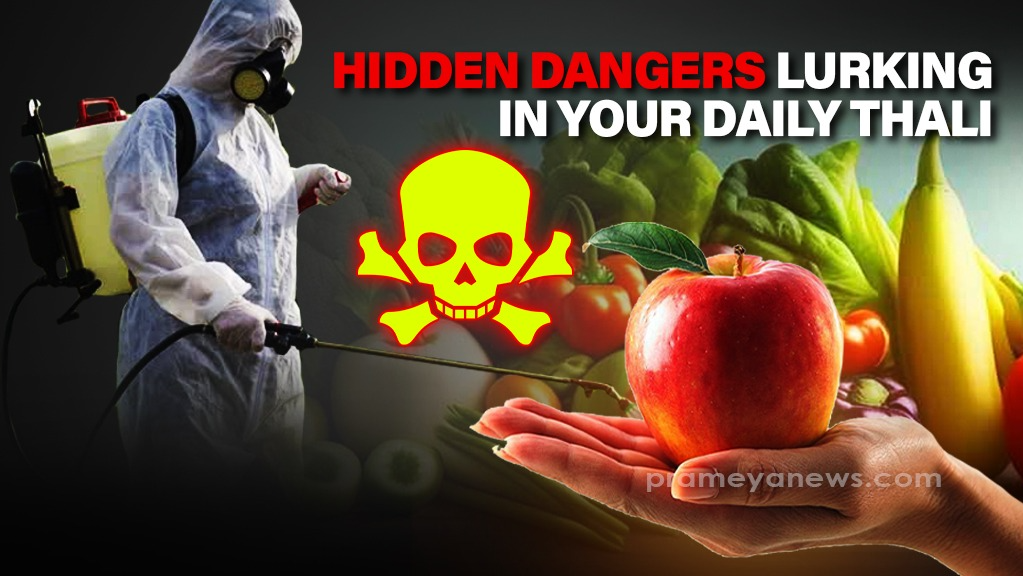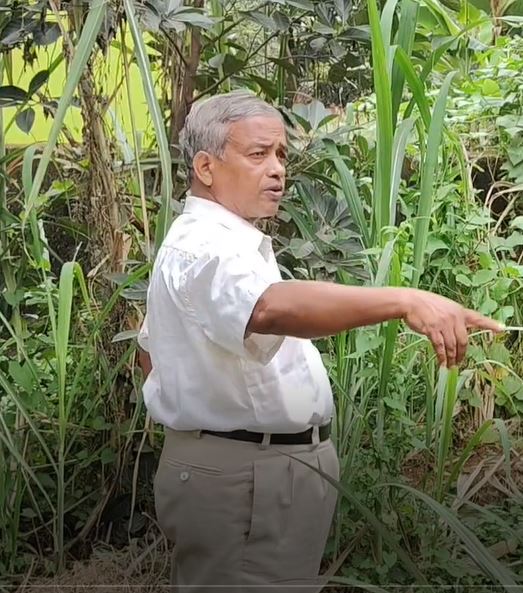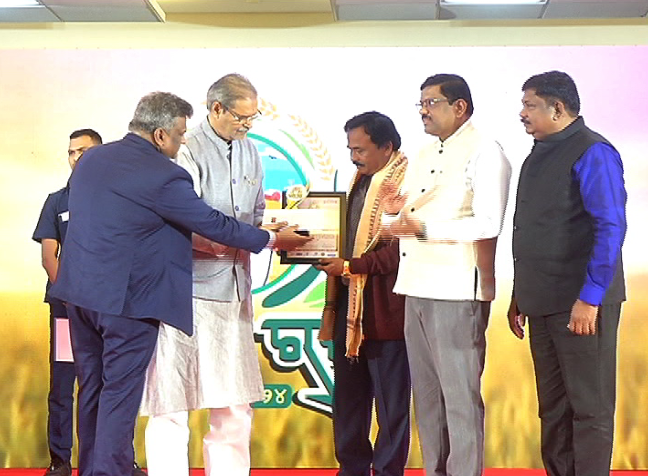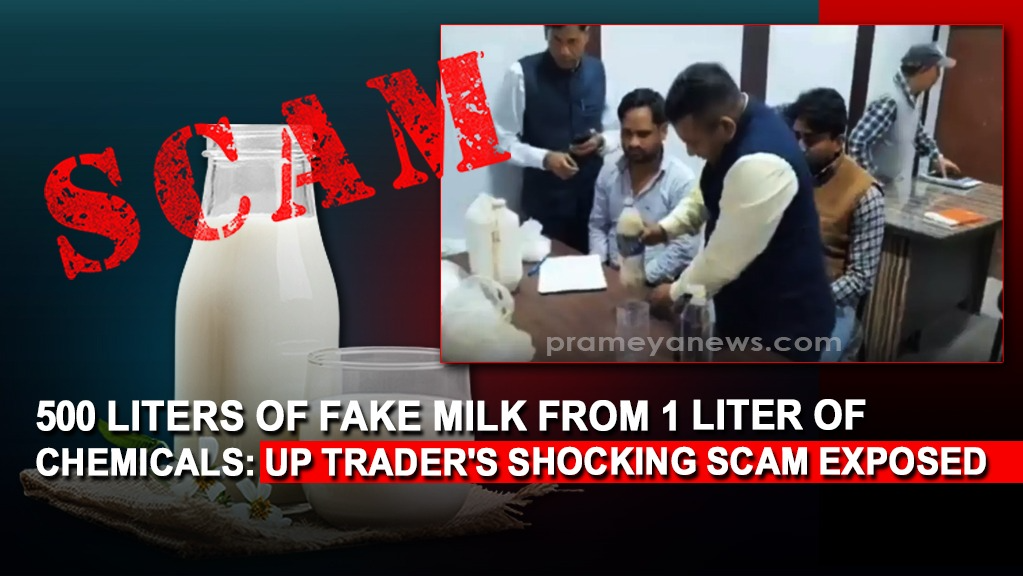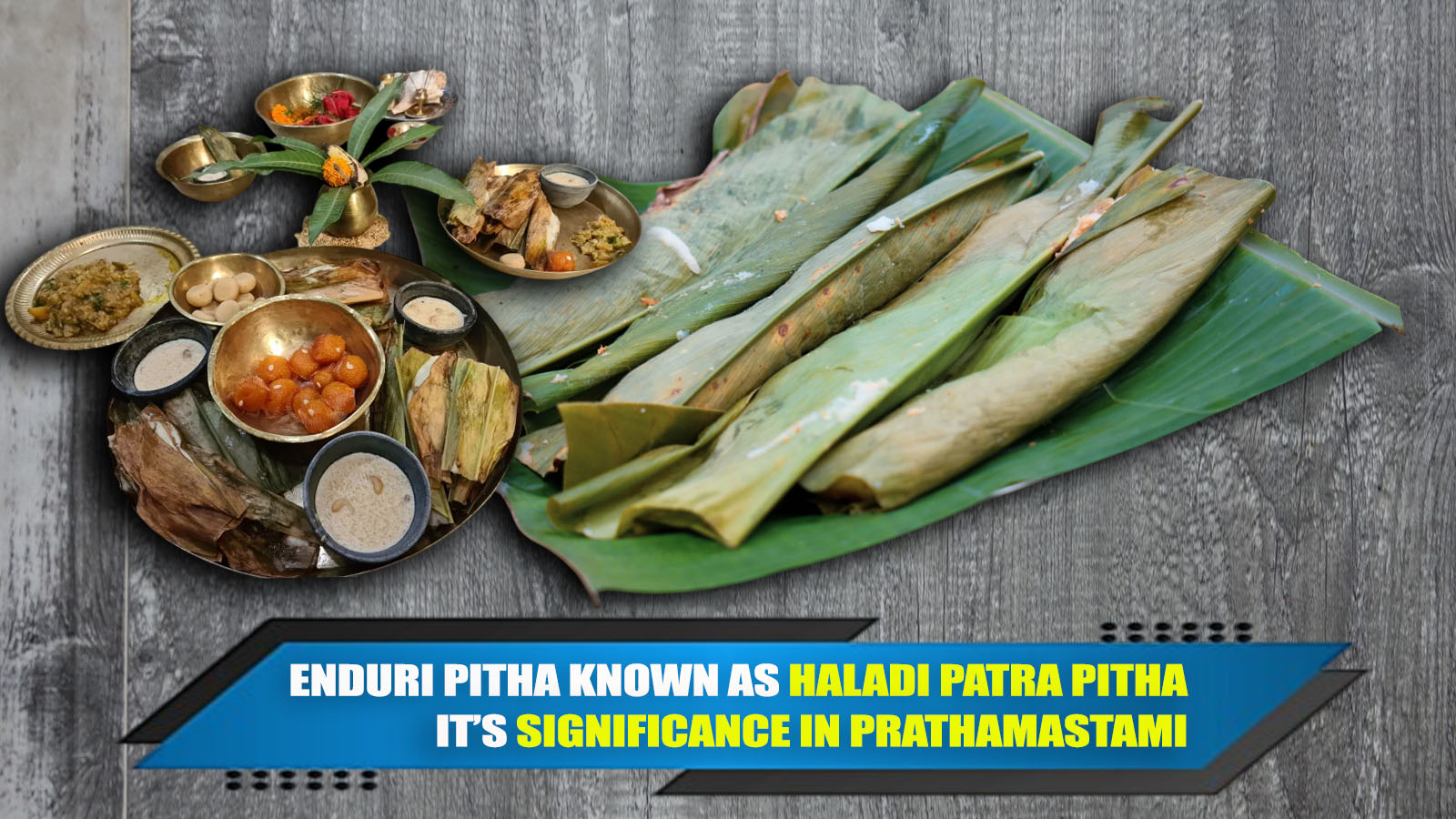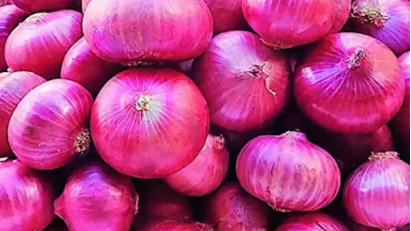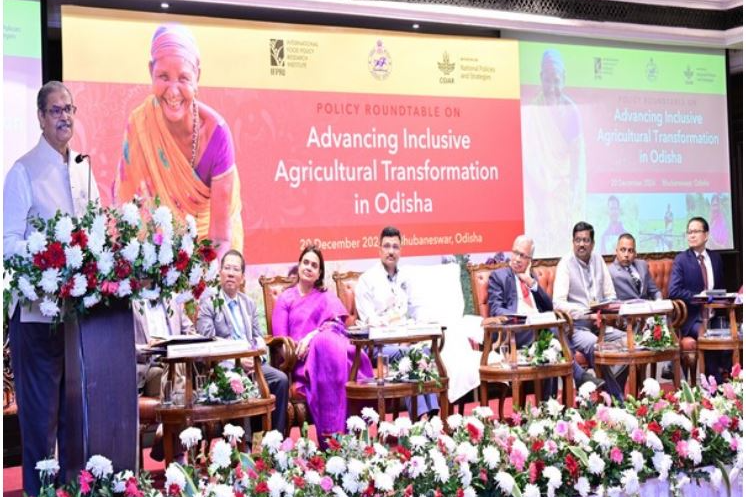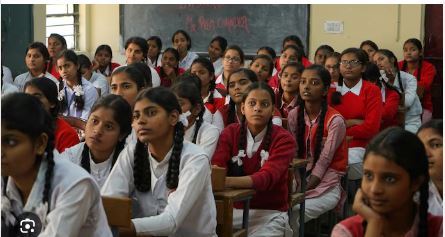From the bustling markets of Unit 1 and Unit 4 market to the vibrant roadside stalls of every lanes, fresh produce is the heart and soul of the Indian and Odiya kitchen. We pride ourselves on our vibrant curries, flavorful dals, and refreshing salads, all bursting with the goodness of locally sourced fruits and vegetables. But what if this very source of nourishment was harboring a hidden danger?
Recent studies, including the Environmental Working Group's (EWG) "Dirty Dozen" list, have unveiled a disturbing truth: many of the fruits and vegetables we consume daily are laden with pesticides, posing a serious threat to our health.
The Usual Suspects:
While the EWG report provides valuable insights, it primarily focuses on US produce. The Environmental Working Group (EWG) is a non-profit organization based in the United States that specializes in research and advocacy in the areas of agricultural subsidies, toxic chemicals, drinking water pollutants, and corporate accountability. They are well-known for their annual "Shopper's Guide to Pesticides in Produce," which includes the "Dirty Dozen" list.
What is the "Dirty Dozen" list?
The "Dirty Dozen" is a list of the 12 fruits and vegetables that the EWG found to have the highest levels of pesticide residues after being washed and peeled. This list is created to help consumers make informed choices about the produce they buy, encouraging them to choose organic options for these specific items to reduce their exposure to pesticides.
Here's the 2024 Dirty Dozen list:
- Strawberries
- Spinach
- Kale, Collard & Mustard Greens
- Grapes
- Peaches
- Pears
- Nectarines
- Apples
- Bell & Hot Peppers
- Cherries
- Blueberries
- Green Beans
As a Food Auditor, I delved deeper into this issue, focusing on the Indian context, and the findings were shocking. However, India faces a unique set of challenges. Unregulated pesticide use, lack of awareness among farmers, and inadequate monitoring mechanisms have created a situation where our "desi" fruits and vegetables are often more contaminated than their foreign counterparts.
Take, for instance, the humble bhindi (okra), a staple in Indian cuisine. Studies by Indian agricultural universities have shown alarming levels of pesticide residues in bhindi samples collected from various markets. Similarly, popular vegetables like tomatoes, brinjals, and green chillies often contain residues exceeding permissible limits.
Fruits aren't spared either. Mangoes, the "king of fruits," often receive multiple pesticide treatments during their growth cycle. Grapes, apples, and bananas, all widely consumed in India, have also been found to contain significant levels of pesticide residues.
The impact on health:
The health implications of this widespread pesticide contamination are far-reaching. These chemicals have been linked to a range of health problems, including:
- Neurological disorders: Pesticides can affect the nervous system, leading to developmental delays in children, memory problems, and even Parkinson's disease.
- Hormonal imbalances: Some pesticides act as endocrine disruptors, interfering with the body's hormonal balance and leading to reproductive issues, thyroid problems, and even cancer.
- Weakened immunity: Exposure to pesticides can suppress the immune system, making individuals more susceptible to infections and diseases.
What can we do?
The situation may seem grim, but there are steps we can take to protect ourselves and our families:
- Wash thoroughly: Washing fruits and vegetables under running water can help remove some pesticide residues. Consider using a vegetable wash or a solution of baking soda and water for more effective cleaning.
- Peel when possible: Peeling fruits and vegetables can reduce pesticide exposure, although it also removes some nutrients.
- Choose organic: Opt for organic produce whenever possible, especially for items on the "Dirty Dozen" list. Support local farmers who practice organic farming methods.
- Grow your own: If you have space, consider growing your own fruits and vegetables. Even a small balcony garden can provide you with fresh, pesticide-free produce.
- Demand change: As consumers, we have the power to influence the food industry. Demand stricter regulations on pesticide use, support sustainable farming practices, and choose brands that prioritize consumer safety.
The issue of pesticide contamination in our food supply is a serious one, particularly in the Indian context. It's time to move beyond simply washing our fruits and vegetables and demand systemic change. We need greater transparency, stricter regulations, and a shift towards sustainable agricultural practices. By making informed choices and raising our voices, we can ensure a safer and healthier future for ourselves and generations to come. Let's reclaim our right to safe and nutritious food, and create a "swasth Bharat" (healthy India) for all.
DISCLAIMER: The information presented in this brief draws upon publicly available sources, including news reports, and industry publications, and expert commentary. The analysis and conclusions presented reflect the author's own understanding and perspective.








